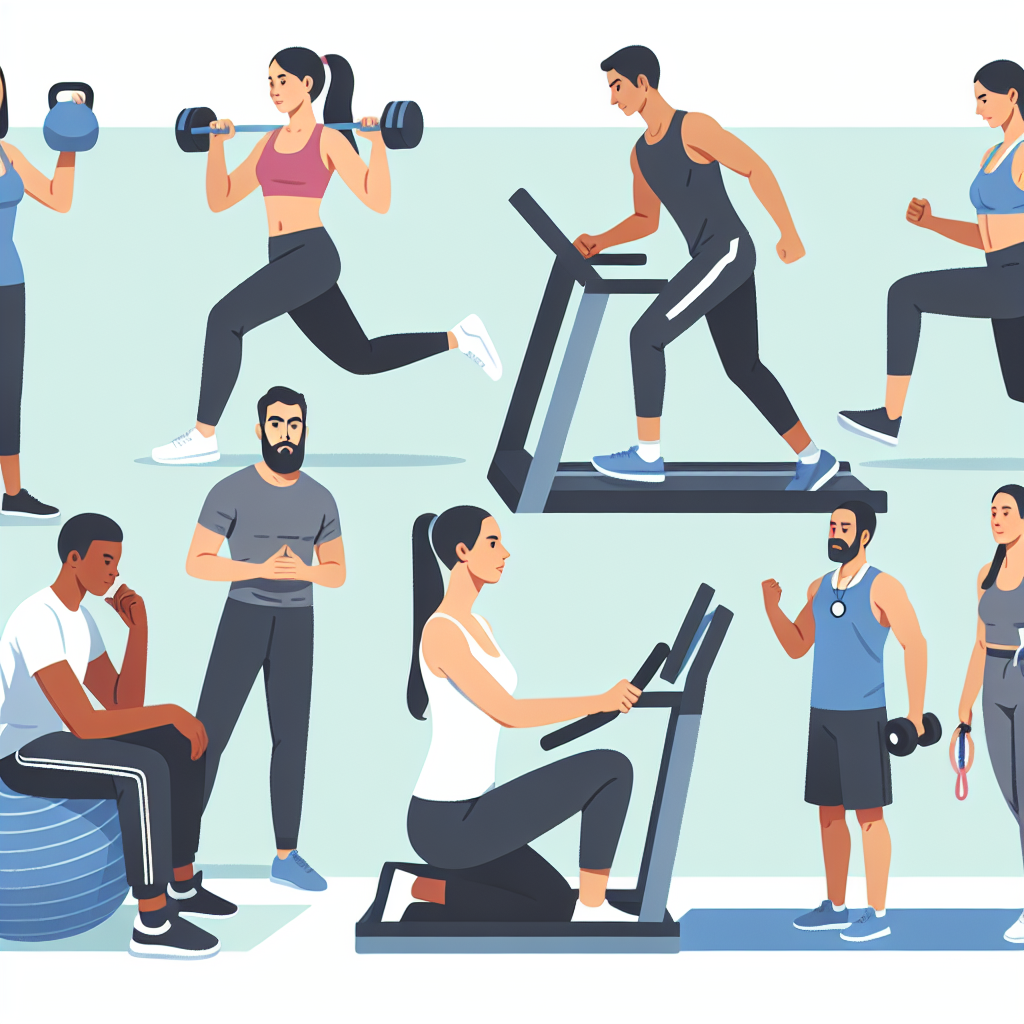What Does Physical Fitness and Lifestyle Signify?
When we talk about physical fitness and lifestyle, we are referring to the overall condition of our bodies and the choices we make in our daily routines. Physical fitness involves maintaining a healthy level of activity, exercise, and proper nutrition to keep our bodies strong and in optimal condition. Lifestyle encompasses the habits and behaviors we adopt that impact our health and well-being, such as our diet, sleep patterns, stress management, and recreational activities. To delve deeper into the definitions and implications of physical fitness and lifestyle, continue reading below.
What is the meaning of physical fitness and lifestyle?
Physical fitness refers to the overall health and well-being of an individual, including their ability to perform daily activities without fatigue. It encompasses various components, including cardiovascular endurance, muscular strength, flexibility, and body composition.
Lifestyle, on the other hand, refers to the way in which a person lives their life, including their habits, behaviors, and choices. A healthy lifestyle involves making positive choices that promote overall well-being, such as eating a balanced diet, getting regular exercise, and managing stress.
The importance of physical fitness
Physical fitness is crucial for maintaining good health and preventing chronic diseases. Regular exercise can help improve cardiovascular health, strengthen muscles, increase flexibility, and manage weight. It also plays a significant role in reducing the risk of conditions such as heart disease, diabetes, and obesity.
- Regular exercise can improve cardiovascular health
- Strength training can help build muscle mass
- Flexibility exercises can improve range of motion
- Managing weight through physical activity can reduce the risk of chronic diseases
The benefits of a healthy lifestyle
Adopting a healthy lifestyle can have numerous benefits for both physical and mental health. Making healthy choices, such as eating nutritious foods, staying active, getting enough sleep, and managing stress, can help improve overall well-being and quality of life.
- Eating a balanced diet can provide essential nutrients for good health
- Regular physical activity can improve mood and reduce stress
- Getting enough sleep is important for overall health and well-being
- Managing stress through relaxation techniques can improve mental health
Overall, physical fitness and lifestyle are closely interconnected and play a crucial role in maintaining good health and well-being. By incorporating regular exercise and making healthy choices in daily life, individuals can improve their quality of life and reduce the risk of chronic diseases.
According to the Centers for Disease Control and Prevention, only 23% of Americans get enough exercise each week to meet the physical activity guidelines. This highlights the importance of promoting physical fitness and healthy lifestyle choices to improve overall health and well-being.
Conclusion
In conclusion, physical fitness and lifestyle go hand in hand in promoting overall health and well-being. The importance of regular exercise, balanced nutrition, adequate rest, and stress management cannot be overstated when aiming to achieve and maintain optimal physical fitness. By adopting a healthy lifestyle that includes regular physical activity and mindful eating habits, individuals can reduce their risk of chronic diseases, improve their mental health, and enhance their quality of life. Additionally, cultivating a supportive environment and engaging in activities that bring joy and fulfillment further contribute to a holistic approach to health and wellness. It is essential to recognize that physical fitness is not just about physical appearance but rather about functionality, strength, endurance, and overall vitality. Embracing a lifestyle that prioritizes physical fitness can lead to lasting benefits and long-term success in achieving a balanced and fulfilling life. Remember, small changes can lead to significant improvements in one’s health and well-being.






